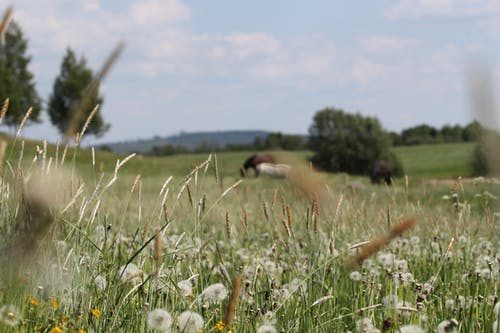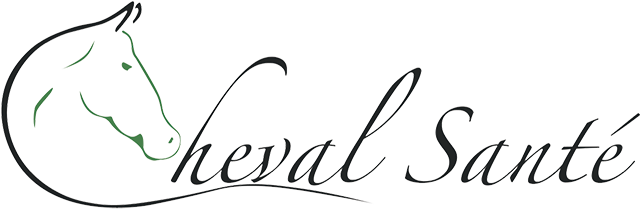A lovak megfelelő takarmányozása során a hétköznapi szemes takarmányok (zab, árpa, kukorica, korpa) és szálas takarmányok (széna, lucerna) mellett a vitaminok és ásványi anyagok bevitele kiemelten fontos. Ezek a tápanyagok alapvetően hozzájárulnak a lovak teljesítményéhez, növekedéséhez, immunrendszerének egészségéhez és reprodukciós képességükhöz.

Ásványi Anyagok
A ló takarmányában megkülönböztetünk makroelemeket (pl. kálcium, foszfor, magnézium), ezek a vázrendszer felépítéséért, az izomműködésért, az idegrendszer működéséért, valamint a pata és szőrzet növekedéséért felelősek. Cheval Relax – A nyugodt ló – Cheval Santé
Ezen kívül a mikroelemek, mint a cink, szelén, jód és mangán, elengedhetetlenek a szervezetben zajló biokémiai folyamatokhoz, például a tápanyagok metabolizálásához, a szövetek felépítéséhez és az oxigén szállításához, valamint antioxidánsként is működnek.
Aminosavak
Az aminosavak, a fehérjék építőkövei, létfontosságúak a lovak immunrendszerének működéséhez. A ló szervezete képes néhány aminosav szintetizálására, így nem minden aminosavra van szükség a takarmányban (ezek a nem esszenciális aminosavak). Fontos biztosítani a lovak számára azokat az aminosavakat, amelyeket nem tudnak elegendő mennyiségben előállítani; ezek a 10 esszenciális aminosav: arginin, hisztidin, izoleucin, leucin, lizin, metionin, fenilalanin, treonin, triptofán és valin. Különösen a metionin fontos, mivel kén tartalmú aminosav, amely hozzájárul a pata, a kültakaró, az inak és a szalagok erősségének kialakításához. Cheval Hoof – pata és ízületi kiegészítő – Cheval Santé, Cheval Joint – Ízület és Porc Kiegészítő Lovaknak – Cheval Santé
Vitaminok
A vitaminok két fő csoportba sorolhatók: vízben és zsírban oldódók. A zsírban oldódó vitaminok közé tartozik az A, D és E vitamin, amelyek elengedhetetlenek a látás és az antioxidáns védelem szempontjából, védve a test szöveteit és az izom működését.
A vízben oldódó vitaminok, mint például a niacin és a biotin (B-vitaminok), szintén nélkülözhetetlenek a szervezet kémiai reakcióihoz, a metabolizációhoz, a növekedéshez és az energia előállításhoz. A biotin (B7 vagy H-vitamin) elengedhetetlen a pata és szőrzet minőségének javításában, valamint a szőrváltás megkönnyítésében. Míg a takarmányok gabonái tartalmazhatnak biotint, ez szervesen kötött formában van jelen, ami csökkenti a lebomlási képességét, így a biotin kiegészítése szükséges a lovak egészségének megőrzéséhez. Biotin kíegészítő lovaknak – Cheval Santé, Cheval Hoof – pata és ízületi kiegészítő – Cheval Santé
